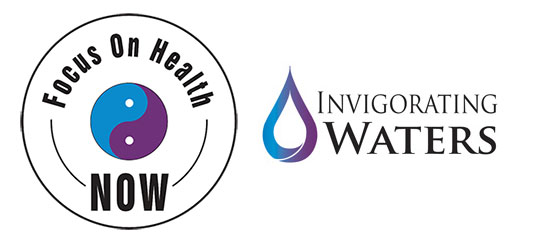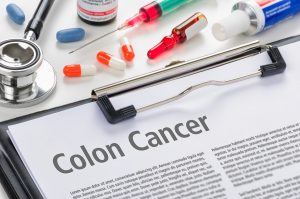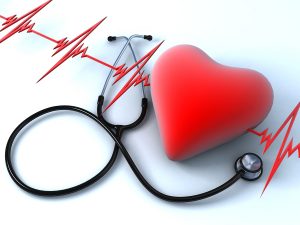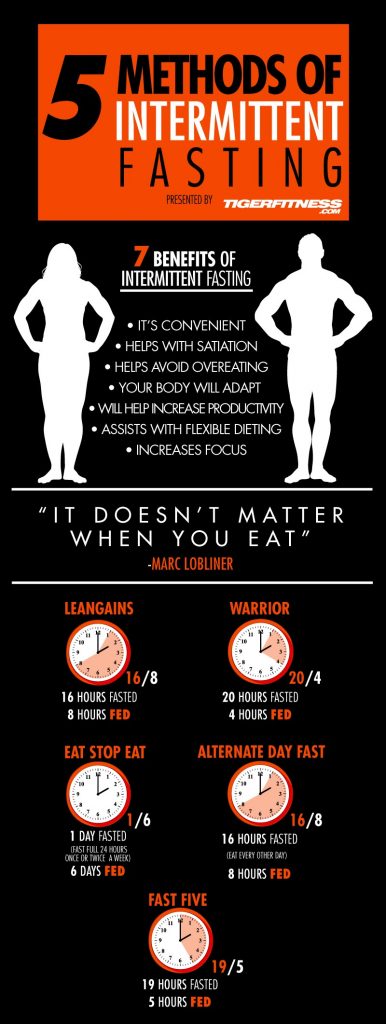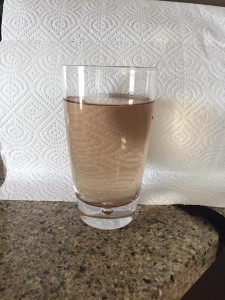What Is Arthritis?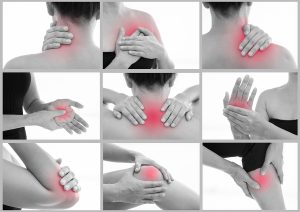
Arthritis is an inflammation of the joints. It can affect one joint or multiple joints. There are more than 100 different types of arthritis, with different causes and treatment methods. Two of the most common types are osteoarthritis (OA) and rheumatoid arthritis (RA).
While symptoms of arthritis usually develop over time, they may also appear suddenly. Arthritis most commonly occurs in adults over the age of 65, but it can also develop in children, teens, and younger adults. Arthritis is more common in women than men and in those who are overweight. With over ⅔ of Americans being overweight or obese, this is a huge problem and it’s getting bigger all the time.
According to the Centers for Disease Control and Prevention, over 50 million people in the United States are currently afflicted. In the vast majority of cases, both types of arthritis are caused by two factors – chronic acidosis and chronic dehydration. The wearing down of cartilage is what normally causes osteoarthritis while rheumatoid arthritis is an autoimmune disorder. The good news is these problems can be solved. Read on.
What Are the Symptoms of Arthritis?
Joint pain, stiffness, and swelling are the most common symptoms of arthritis. Most often, people with arthritis notice their symptoms are worse in the morning.
Arthritis Treatments
Traditional treatments include medication (drugs), surgery, and physical therapy with the main goal of reducing pain.
The problems with medications are the possibility of addiction and side effects that may require additional drugs. If you have RA, your doctor may put you on corticosteroids or disease-modifying antirheumatic drugs (DMARDs), which suppress your immune system. A suppressed immune system opens the door for a multitude of other ailments and potential diseases.
It is possible to have surgery to replace your joints. This form of surgery is most commonly performed to replace hips and knees, but joint fusion can be performed if your arthritis is most severe in your fingers or wrists. Surgery always carries the risk of complications and quite often includes prescription meds.
Physical therapy involving exercises that help strengthen the muscles around the affected joint is a core component of arthritis treatment by helping to keep your joints flexible.
Weight loss and maintaining a healthy weight reduce the risk of developing OA, and can reduce symptoms if you already have it. Eating a healthy diet is important for weight loss. Eating foods with lots of antioxidants can help reduce inflammation.
Good news
As mentioned above, there is good news with regards to remedy and prevention of arthritis. Consuming alkaline ionized (electrically charged) water on a daily basis can dramatically lower the level of acidity, reducing inflammation, due to its high alkaline pH. In addition, alkaline ionized water penetrates cells more quickly, hydrating the body and lubricating the joints more efficiently due to a process known as electrolysis that re-structures water molecules. A third property of alkaline ionized water is its capability to act as an extremely powerful anti-oxidant, boosting your immune system to protect against disease.
Source: http://www.healthline.com/health/arthritis#diagnosis4
 Facebook
Facebook LinkedIn
LinkedIn Instagram
Instagram YouTube
YouTube